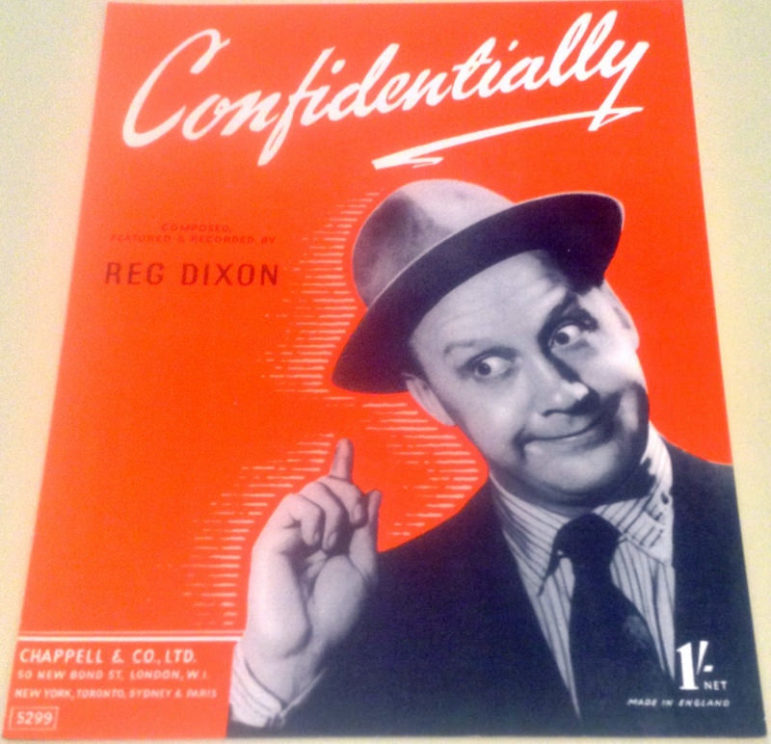
July 24, 2016; McClatchyDC
Big donors get big attention. That’s one takeaway from a look at the 19,252 emails from the top of the U.S. Democratic National Committee dumped by WikiLeaks just in time for the Democratic National Convention.
The emails, as described in a McClatchyDC article, included conversations among DNC staff about major donors during the first five months of 2016. Searching the term “donor” in the WikiLeaks trove of emails turns up 413 hits.
The conversations are much like those that occur frequently in most nonprofits, large and small, regarding their major supporters and donors: Who will sit where at the gala? Who will get attention from whom and when? Today’s major donors to both nonprofit and political causes frequently view their donations as purchasing something—access, an experience, or a specific kind of visibility. Many political and charitable organizations encourage major donors to think in these terms by recognizing gifts with access and distinction from the crowd.
Sign up for our free newsletters
Subscribe to NPQ's newsletters to have our top stories delivered directly to your inbox.
By signing up, you agree to our privacy policy and terms of use, and to receive messages from NPQ and our partners.
Where political and charitable recognition diverge, however, is in the potential for personal gain. Some charities fall prey to conflicts of interest and private inurement of major donors, but “influence” and “access” are the currency of politics and political giving throughout history. The political giving game is to curry favor without appearing to tie a specific gift to a specific result—the dreaded quid pro quo that is often assumed but so difficult to prove.
As one subhead in the McClatchy article read, “Emails show that party sometimes overlooked donors’ questionable backgrounds.” Experienced fundraisers know that people seeking to rehabilitate an image can be very generous. The temptation to accept an invitation to link identities can be very seductive, but also very dangerous to one’s reputation. In some instances, the DNC staff was more thorough and dug much deeper than many nonprofits would have.
Of course, the Democrats are not alone in spilled secrets. The conservative Heritage Foundation was hacked not that long ago. Notes made by staffers after donor calls, often referred to as “call reports,” detailed conversations revealing how donors were the subjects of occasional derision and manipulation, as some staff advanced extreme positions to attract some donors into continued support of Heritage Foundation work.
The hacking of the DNC reinforces the value of a fundraising platitude: Don’t write down about donors anything you wouldn’t want them to read in the news. The Association of Fundraising Professionals (AFP) has already thought about such things. They have a detailed and time-tested code of ethics their members are bound by, and fundraisers of any kind can put to good use. In particular, fundraisers may want to re-consult the Donor’s Bill of Rights.—Kevin Johnson and Michael Wyland












